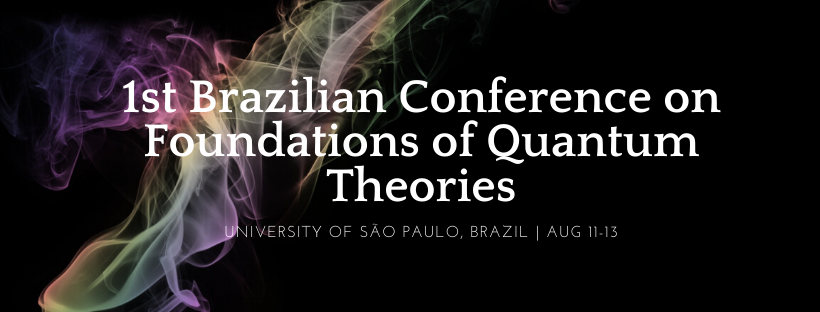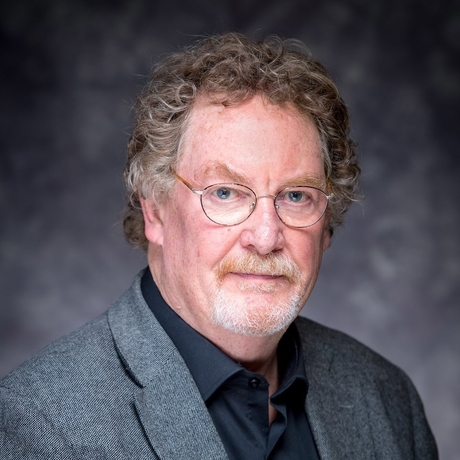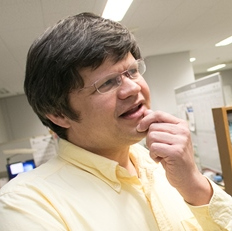|
|
|
Keynote Lectures
Keynote Speakers
(click on the photo for personal page and click on the name for abstract)
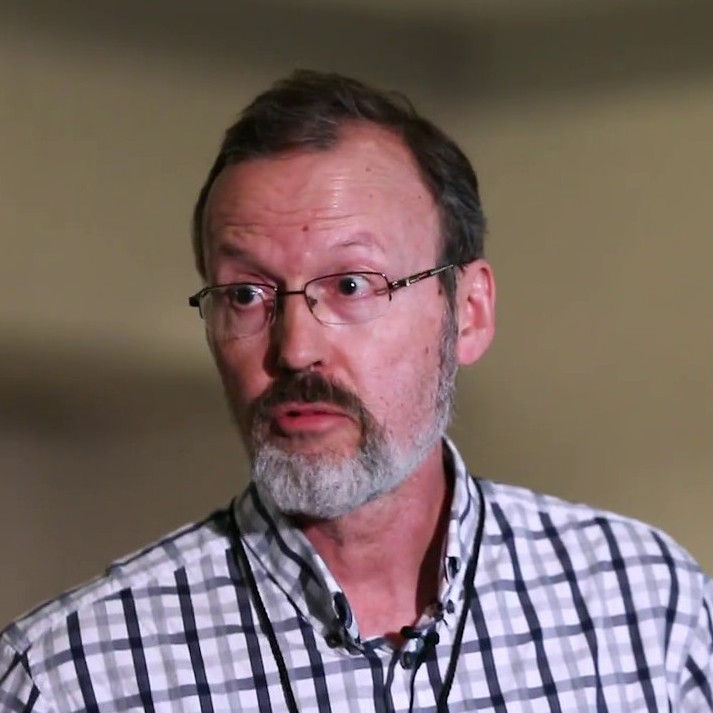 | 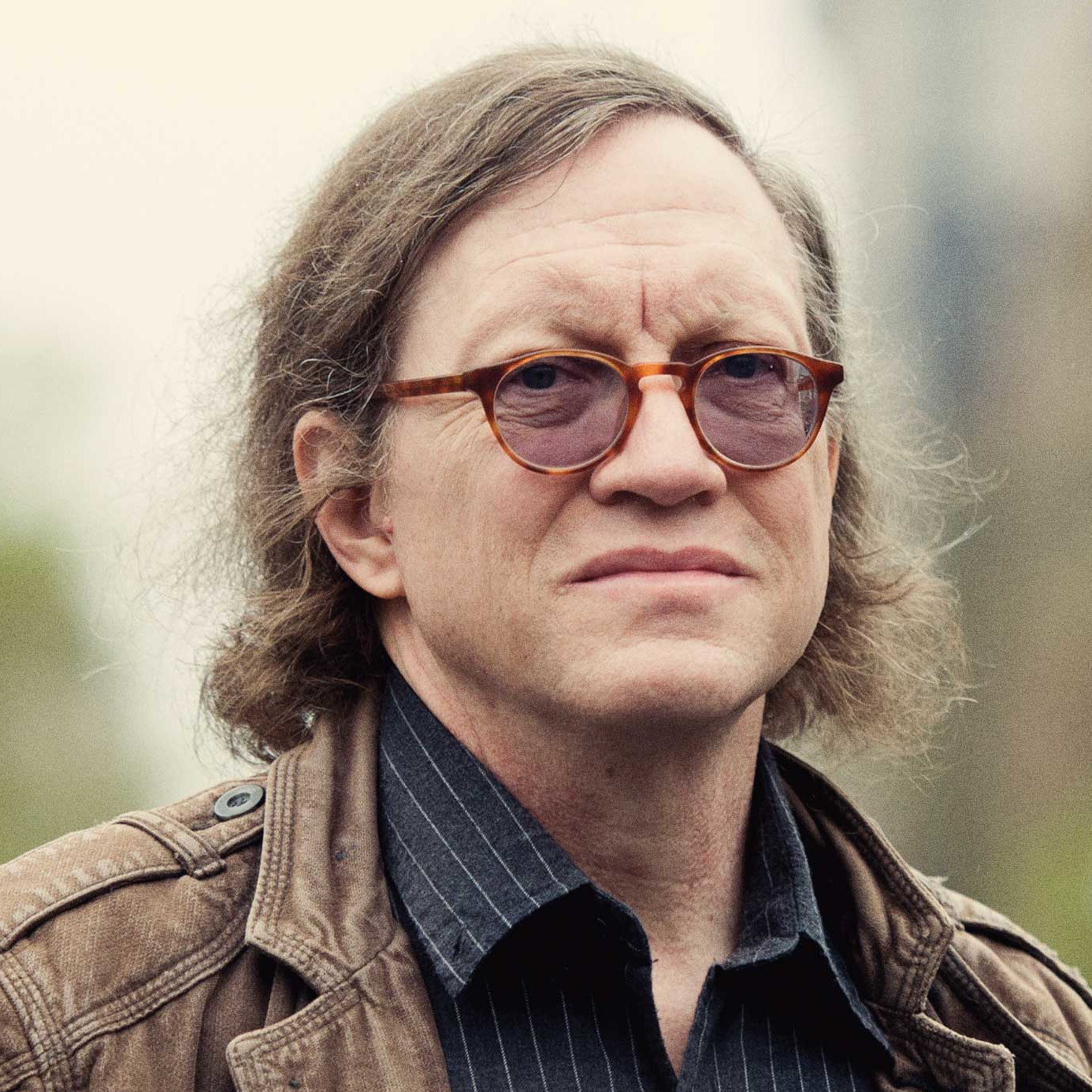 | |||
|---|---|---|---|---|
| Harvey Brown | Jeremy Butterfield | Tim Maudlin | ||
 | 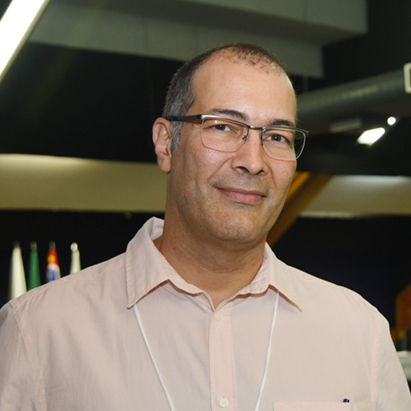 | |||
| Holger F. Hofmann | Kasia Rejzner | Marcelo Terra Cunha | ||
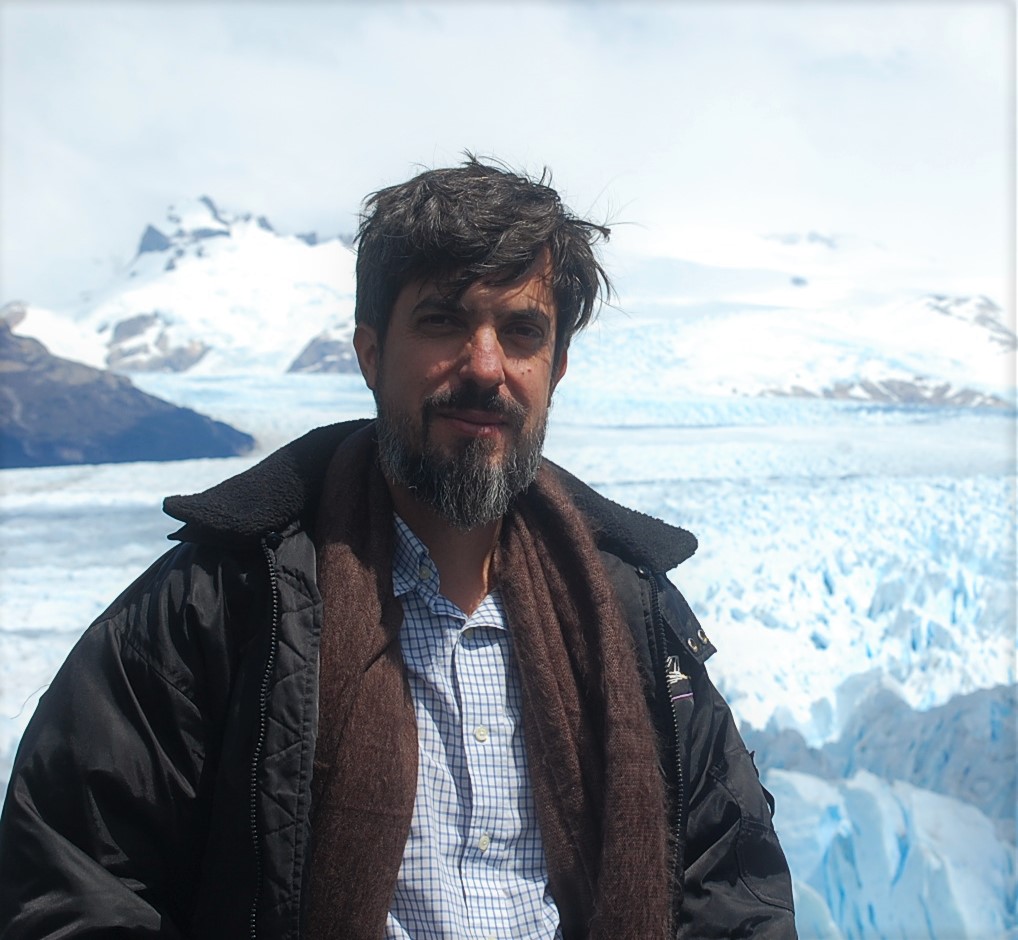 |  | |||
| Décio Krause | Walter Pedra | Osvaldo Pessoa Jr |
Book of Abstracts
Does Quantum Mechanics Change The Way We Should Think About Probability?
H. Brown
Quantum mechanics is an intrinsically probabilistic theory, and in this sense arguably sui genesis. In this talk I will critically examine various claims to the effect that the very notion of probability must be revised in the light of the theory.
The Empirical Significance of Gauge
J. Butterfield
In this talk, we will adjudicate a recent philosophical debate about the empirical significance of symmetries. In the background of our discussion is (i) a framework using a connection-form in the field- space of gauge theories (recently developed by one of us and collaborators: e.g. Gomes & Riello PRD 2018, Gomes, Hopfmuller, Riello NPB 2019), and (ii) recent papers by Gomes.
In the debate, all hands agree that some symmetries---the paradigm example being a velocity boost of Galileo's ship---have a direct empiricals ignificance. Namely, one can observe that processes in the cabin unfold in the same way, whether or not the ship is moving relative to the quay. The debate concerns whether symmetries usually called 'gauge'---the paradigm example being a gauge transformation in classical electromagnetism---can have a similar significance, witnessed by an analogue of Galileo's ship. In this debate, some (e.g. Brown, Brading) say No: this is the traditional position. But some (e.g. Greaves, Wallace) say Yes: a heterodox position.
We maintain that there are two main relevant distinctions, which cut across one another: (i) whether a transformation is applied to the world as a whole, or only to a subsystem of the world; (which we label: 'universal' s. 'regional'); (ii) whether a transformation depends on an infinite number of parameters, e.g. by being specified by an arbitrary smooth function; or depends on only a finite number of parameters; (which we abel: 'malleable' vs. 'rigid'). Thus we avoid the usual words 'global' and 'local', since they are ambiguous. Namely: 'global' is ambiguous between 'universal' and 'rigid'; and 'local' is ambiguous between 'malleable' and regional'.
With this jargon, we can state our main idea about the debate as follows. The heterodox position of Greaves and Wallace is correct in spirit, in that regional transformations can indeed have a direct empirical significance. But they are wrong 'in the letter', in that they take the transformations at issue to be malleable (which they call 'local'): while in fact, they are rigid.
Full Discrete Geometry: A New Formalism for Discrete Space and Space-Time
T. Maudlin
The Mathematics of Measurement and the Necessity of Ambiguity in Quantum Physics
H. F. Hofmann
Like all other scientific theories, quantum mechanics is based on empirical observations that can be reproduced at any time in any laboratory in the world. Surprisingly, the mathematical formalism does not seem to reflect this empirical origin at all. The reason can be traced back to the fundamental role of the uncertainty principle, which makes it impossible to identify measurement outcomes with measurement independent realities. This is not just a technical problem, but one that actually threatens to undermine physics as a science. If measurements do not provide us with objective realities, controversial questions cannot be decided by experimental evidence. This means that, at some point, quantum physicists have to come to terms with philosophical difficulties of empirical science that cannot be solved by mathematical logic alone
At the focus of the triangle of mathematics, physics and philosophy we find the measurement process. This physical process is supposed to provide us with a clear understanding of what it is that we observe in a properly conducted experiment. It is therefore rather ironic that measurement theory is a highly specialized field with a mathematical structure that seems to be beyond the scope of textbook introductions of quantum mechanics. In this presentation, I will provide an overview of the essential problems associated with quantum measurement theory from the viewpoint of a physicist working in the field and present some thoughts about the way in which we could make sense of the quantum weirdness represented by some of the rather strange results predicted by the theory and successfully confirmed by recent experiments. In particular, I will examine how the mathematical formalism entangles the fundamental concepts of probability and causality in a way that makes it very difficult to maintain the rather simplistic ideas of reality suggested by conventional visualizations of scientific results. Based on these observations, I conclude that quantum mechanics can only be properly understood if we recognize the essential role of the interactions by which we implement the control and observation of physical systems. The proper description of these interactions in the theoretical formalism is the most fundamental problem of quantum physics, and progress in the field is only possible if it is addressed by balancing the mathematical representation with the philosophical constraints of physics as an empirical science.
Local and Non-local Observables in Perturbative Algebraic QFT
K. Rejzner
In this talk I will review the framework of perturbative algebraic quantum field theory (pAQFT), which is a mathematically rigorous framework suitable for studying physically relevant interacting QFT models. The idea of locality is realized by imposing Einstein Causality (on of the Haag-Kastler axioms) on observables. In some theories, e.g. effective quantum gravity, this requirement has to be weakened and non-local observables are needed.
Coloured-Graph Approach to Contextuality and Nonlocality
M. Terra Cunha
In this lecture I want to review quickly Kochen-Specker contextuality, its (exclusivity) graph approach presented by Cabello, Severini, and Winter and the former generalisation for including the notion of parts/players. Following such introductory review, I want to focus on the ongoing developments of this approach and some still open questions on it.
Logical Aspects in the Foundations of Quantum Mechanics
D. Krause
A formalism to support an ontological view of quantum entities as devoid of identity criteria, the reasons for doing that, and the way it can be done are sketched. We begin by recalling the main characteristics of the notion of identity in standard logic and mathematics, and show why such a theory of identity is not suitable for quantum objects according to our interpretation. In particular, we show that within such standard frameworks, all objects are individuals, comprising an identity criterion. Thus we present the main traits of quasi-set theory, where collections of objects having a cardinal but not an associated ordinal can be considered; thus, the elements cannot be counted, named, labelled, but there is a sense in saying that we have a certain quantity of them. Finally, a semantics for a possible quantum language erected in such a theory presented.
The Physicists’ Attitude Towards Interpretations and The Public Reception of Quantum Mechanics
O. Pessoa Jr.
In contrast to the objective factual core of scientific theories, interpretations tend to be very sensitive to cultural influences. In these days, physicists tend to be realists in most fields of physics, except in quantum mechanics, where instrumentalism is still dominant, followed by the strange realism of the Everett interpretation, in which human beings can enter into macroscopically distinguishable superpositions. More objectivist realisms, such as the de Broglie-Bohm approach or realist wave interpretations, are not very disseminated. This situation has led to the curious public reception of quantum physics: there is a widespread opinion that the latter is evidence for a mystical or antimaterialist worldview. I will argue that the physicists’ attitude towards the interpretations of quantum physics is partly responsible for this situation. In doing so, I will explore some issues connected with the measurement problem in quantum mechanics and with Bell-type nonlocality
| Online user: 8 | Privacy |

|
